Tuesday, 20 April
Keynote: The Netjets Story
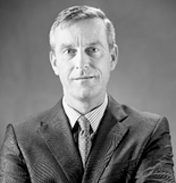
Pascal Lhoest
Executive Director, Netjets
Over the last 15 years, he held various senior managerial roles in the group, whether in the regulatory or operational area, helping him to clearly understand the CNS business aviation needs and support the industry and regulators in future developments. As a member of the EBAA (the European Business Aviation Association)
Board of Governors as well as a representative for airspace users to SESAR Master Planning Committee, Pascal is further supporting the business aviation needs.
Pascal has been flying and holding managerial roles during his whole career. He started off in the Belgium Air Force, where after graduation he flew the F-16 and T-38 in the U.S. Air Force followed by 6 years in the airlines
Plenary Panel I: Global Harmonization
Plenary Moderators
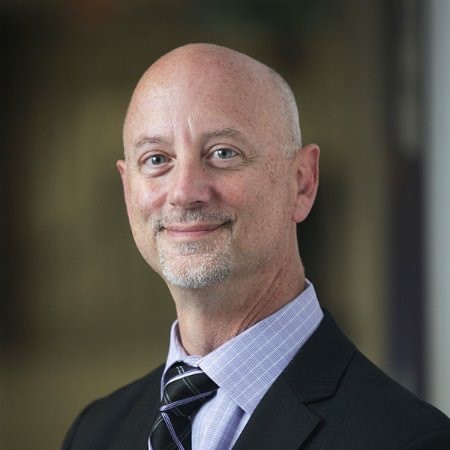
Donald Ward
U.S. Commissioner, ICAO
Don Ward is currently serving as an air navigation commissioner at the International Civil Aviation Organization (ICAO). The Air Navigation Commission is a panel of 19 independent experts appointed by countries from around the world. They advise the ICAO Council on the adoption of international standards and
oversee the technical panels that develop those standards. Previously, Don served as the FAA group manager in charge of the development and implementation of a suite of aviation modernization programs, including aeronautical information management, NextGen weather systems, flight services program, unmanned aerial systems, air traffic flow/collaborative decision making, and system-wide information management.
Don has more than ten years of direct experience in international relations. He was stationed in Brussels, Belgium as the FAA air traffic representative to Europe, Middle East and Africa. Don was also stationed in Singapore as the FAA senior international representative to Southeast Asia, Australia, and New Zealand. Don has a strong link to the FAA NextGen modernization initiative and was previously in charge of the NextGen international office.
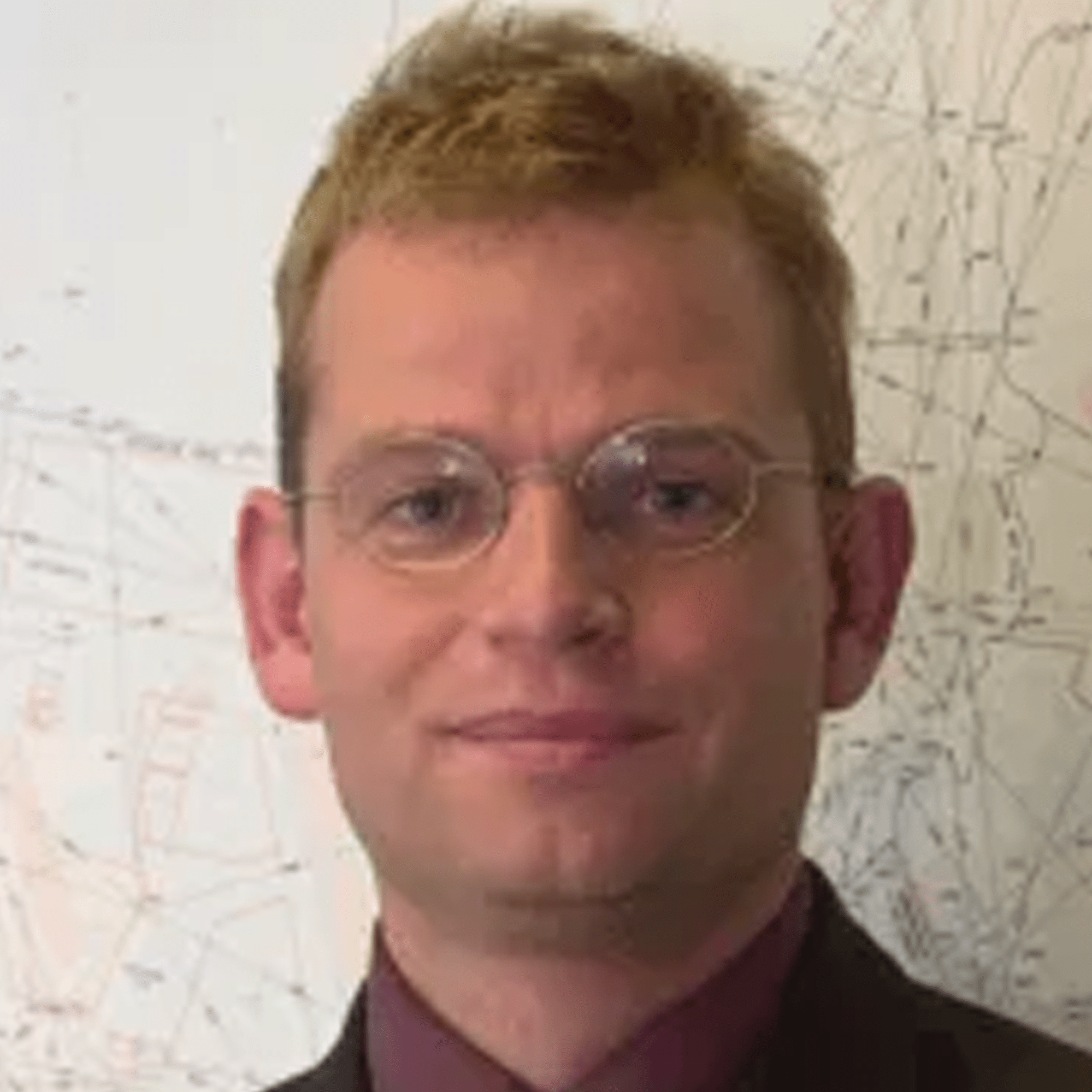
Paul Bosman
Head of Infrastructure Division, Network Manager Directorate, EUROCONTROL
Paul Bosman has worked for EUROCONTROL for over 25 years in many different roles and functions. He is now the head of the (ATM) Infrastructure Division. This newly created division in the Network Manager Directorate aims, in close cooperation with all
ATM stakeholders, to manage & support European ATM/CNS planning, deployment, reporting, and monitoring programs digitizing the Single European Sky (SES).
Panelists
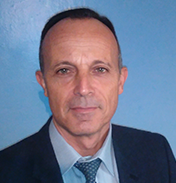
Didier Delibes
Head of ATM Deployment, Airbus SAS
Plenary Topic: Preparing the Future
Didier Delibes has a background in engineering in automatics and electrotechnics. He started his career in the AIRBU.S. design office
Didier is now an Airbus multi-systems aircraft architect in the ATM engineering program working on the Airbus Group ATM/UTM strategy, the harmonization of the worldwide ATM modernization programs and international collaboration. Didier is also a member of the ICCAIA CSN/ATM committee for the ICAO affairs; the SESAR ATM Master Plan Committee, the NAC Sub-Committee and European focal point for the FAA/SJU Coordination Plan on “Avionics technologies and applications roadmap.”
Andrew Roy
Director of Engineering Services, Aviation Spectrum Resources (ASRI)
Plenary Topic: Aviation Spectrum: Challenges and Future Considerations
Andrew Roy is the director of engineering services at Aviation Spectrum Resources, Inc. (ASRI), acting as the focal point for U.S. airlines and other commercial aviation operators on spectrum engineering and regulatory considerations. He is vice chairman of the ICAO Frequency Spectrum Management Panel and is a member of the U.S. Department of Commerce’s Spectrum Management Advisory Committee. Roy is a veteran of the UK Royal Air Force with a background in RF battlespace management. He earned his master’s degree in Systems Engineering from Loughborough University and is a Chartered Engineer at the UK Institute of Engineering and Technology.
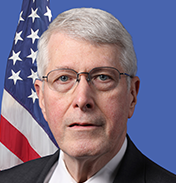
Ken Alexander
Chief Scientific and Technical Advisor – Satellite Navigation Systems
Plenary Topic: RF Interference Issues and Complimentary PNT Solutions
Ken Alexander is the FAA’s chief scientific and technical advisor (CSTA) for Satellite Navigation Systems, with over 45 years of aviation experience in aircraft and avionics engineering, program management, flight tests, and international policy. Mr. Alexander provides technical advice on requirements, design, performance, radio-frequency spectrum, and policy issues for Global Navigation Satellite Systems (GNSS). Mr. Alexander’s significant technical contributions ensure continued backward compatibility, improved performance, delivery of new capabilities, and protection of GPS/GNSS avionics systems from spectrum interference. He was instrumental in the development of the initial 2004 National Space-Based Positioning, Navigation, and Timing (PNT) Policy.
Mr. Alexander is vice chair of the ICAO Navigation Systems Panel, and he co-chairs the U.S. and European Union working group on GNSS modernization. He also serves as the Department of Transportation’s senior advisor for the National Space-Based PNT Executive Committee and as the civil co-chair of the National PNT Engineering Forum (NPEF) with his U.S. Space Force counterpart. Mr. Alexander is a principal author of Executive Order 13905, Strengthening National Resilience Through Responsible Use of PNT Services. He has over 3,500 flight hours as a U.S. Air Force transport pilot. Mr. Alexander earned a B.S. in electrical engineering and an M.S. in engineering from the University of Louisville.
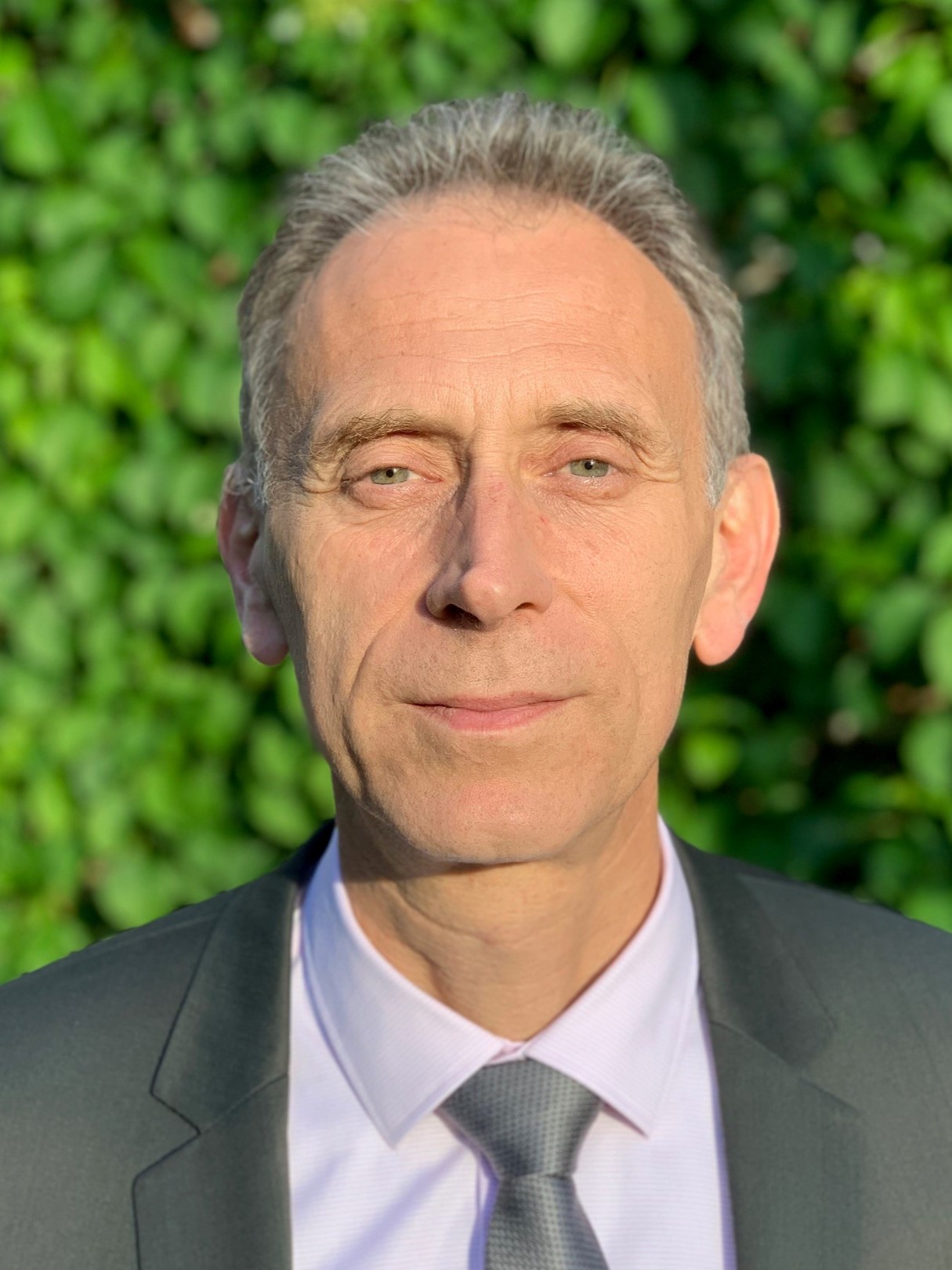
Eric Potier
Head of RF & Surveillance Avionics Section, EUROCONTROL
Plenary Topic: 1030/1090 Over-Interrogation
Eric Potier is the head of the CNS performance monitoring team within the Infrastructure division of the Network Manager
Directorate of EUROCONTROL. He has over 30 years of experience in ground and airborne surveillance systems ranging from sensor development to system deployment management at the regional level. He has been an active member of the ICAO Surveillance Panel for over 2 decades. He is chairman of the ICAO Surveillance Panel Performance-Based Surveillance Sub-Group (PBSSG). Chairman of the EUROCAE WG-49 in charge of Mode S transponders MOPS and co-chair of the RTCA/EUROCAE Combined Surveillance Committee.
Nuno Vilaça
International Sales Director, HawkEye 360
Plenary Topic: Geolocating GPS Interference
Nuno Vilaça has more than a decade of experience in the geospatial world, having worked with satellite-borne RF systems, optical satellites, and both airborne laser scanners and aerial camera technology.
Nuno joined HawkEye 360 in its infancy and drove the first sales of the company in the EMEA and APAC regions. He is the director of strategic accounts at HawkEye 360.
Nuno is a graduate of Wageningen University in the Netherlands, and of the Vienna University of Economics and Business in Austria.
Wednesday 21 April
Keynote: Solving for Uncertainty – A Global Strategy for Agile Development
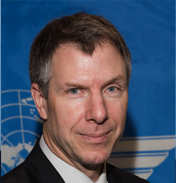
Steve Creamer
Director, Air Navigation Bureau, International Civil Aviation Organization (ICAO)
The current situation of the aviation industry due to the COVID 19 pandemic reinforces the importance to improve the operational resilience of the industry. The continuing evolution of the highly
specialized and standardized ATM, CNS and information systems technologies, at a pace sufficient to effectively incorporate technological advances pioneered in other industries, requires the aviation community as a whole to discuss and come to an agreement on a common and more streamlined way forward.
Plenary Panel II: The Future Trajectory for ATC
Plenary Moderators
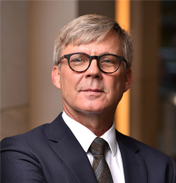
Michael Standar
Senior Aviation Advisor and Steve Bradford, NextGen Chief Scientist, FAA
Michael is senior aviation representative. He is an operational/technical support and R&D expert with an ATCO background. He has a broad range and more than 40 years
experience in the field of civil and military aviation. Michael recently retired from his position as chief strategies & external affairs of the SESAR program in Europe, a Public, Private Partnership program he played a major part in since its inception with the development of the very first European ATM Master Plan.
During his long time servicing aviation he successfully managed and contributed to national, regional and global ATM strategies, policies, regulations and operational/technical/R&D as well as to its effective communications and engagement of all stakeholders involved in air transport, aviation and air traffic management.
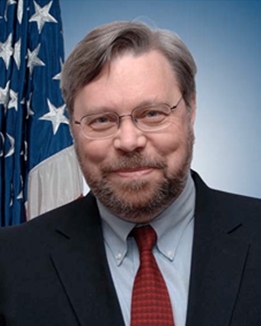
Steven Bradford
NextGen Chief Scientist, FAA
Steven W. Bradford is the Federal Aviation Administration’s (FAA) chief scientific and technical advisor for architecture and Next Generation Air Transportation System (NextGen) development. He is the chairman of the Technical Review Board, which monitors technical decisions; related investments; and the Enterprise
Architecture. Mr. Bradford works with elements of the FAA to develop midterm plans and five-year budget requests to implement NextGen. He is the FAA’s lead for the FAA/NASA Research Transition Team process that supports collaboration between the FAA and NASA on ATM-related activities.
He also has a leading role in NextGen’s International engagement activities with SESAR Joint Undertaking and has led several co-operative international efforts with EUROCONTROL. He was a member of the International Civil Aviation Organization’s (ICAO) technical team that authored the Global Air Navigation Plan, the past U.S. panel member to the ICAO Air Traffic Management Requirements and Performance Panel, and continues as a technical advisor to the update for the next GANP.
Panelists
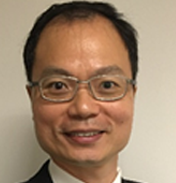
Ho Wei Sean
Deputy Director (ATM Integration and Capability Experimentation), Air Traffic Management Plans & Development Division, CAAS
Plenary Topic: Singapore Future ATM Vision
Ho Wei Sean is deputy director (Air Traffic Management Integration and Capability Experimentation) at the Air Traffic
Management Plans and Development Division, Civil Aviation Authority of Singapore. Air Traffic Management plays a crucial role in supporting the air traffic growth of Singapore and Asia Pacific. With that in mind, CAAS has launched an aviation transformation program to frame the future through research and development, and collaboration with research centers, industry and aviation stakeholders. Wei Sean is responsible for international engagements, partnerships and plans on the harmonized development of ATM solutions. In addition, he is in the process of setting up experimentation platforms to investigate the potential, fine tune the solutions and demonstrate the benefits of cross-boundary and cross-regional capabilities.
Throughout his career, Wei Sean has undertaken roles in research and development, project management, system engineering, platform and system integration. Prior to joining the Civil Aviation Authority of Singapore, he was with the defense industry advancing technology development and forming partnerships with the research community. Early in his career, he was focused on the acquisition and upgrading of naval platforms, and integration of complex systems. He holds a bachelor’s degree in electrical and electronic engineering from the Tokyo Institute of Technology in Japan, and a Master of Business Administration from the Nanyang Technological University in Singapore.
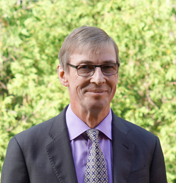
Loftur Jónasson
Chief/CNSS ICAO
Plenary Topic: ICAO and Industry Actions on Integrated CNSS: How to Kick-start Evolution in an Overregulated World
Loftur Jónasson currently holds the position of chief CNSS (CNS & Spectrum) as well as being the secretary of the Frequency
Spectrum Management Panel (FSMP) of ICAO’s Air Navigation Commission.
Loftur joined ICAO in 2007, major responsibilities being Standards and Recommended Practices (SARPs) for aeronautical Communication, Navigation and Surveillance (CNS) systems, and aeronautical frequency spectrum management as well as representation of ICAO and aeronautical interests at the ITU World Radiocommunication Conferences and other international radio regulatory fora. Secretary of the Aeronautical Communications Panel (ACP), 2007 – 2014. Secretary of the FSMP, 2014 – present.
As an electrical engineer (Telecommunications), since 1992 he has worked mainly in the field of aeronautical and maritime radio and telecommunications. His background, in addition to aeronautical communications systems, includes a variety of maritime tasks, including being the project lead for the development and rollout of one of the world’s first marine vessel tracking systems, long before this became an international standard, at that time tracking a fleet of 2000+ ships through automatic position reporting by means of multiple routes, including VHF and satellite.
Prior to joining ICAO, over 15 years of experience with various aeronautical radio- and telecommunication engineering tasks and projects, mainly in support of air-ground and ground-ground voice and data communications and surveillance applications in the North Atlantic region. Since 1996 an active member of the ACP (previously Aeronautical Mobile Communications Panel, AMCP), including the chairmanship (Rapporteur) of two of its long-standing working groups.
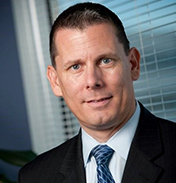
Gene Hayman
Director, Government Services
Collins Aerospace
Plenary Topic: Blue Skies Initiative
Gene Hayman brings thirty years of experience in the aviation industry serving in several key executive positions throughout his
career. He currently serves as the director of government services within Collins Aerospace. In this senior leadership position, he is responsible for managing the company’s portfolio of services and solutions for the U.S. Federal Government and International Air Navigation Service Providers (ANSPs).
Prior to coming to Collins, he held key positions at CACI, L3, and Boeing developing a global perspective on aviation working with many of the leading global organizations on aviation policy, operational, and technical issues around airspace modernization concepts.
Mr. Hayman is very active in the aviation community serving in different leadership positions, committees, and contributing to critical initiatives, including:
- Executive Chair of ATCA’s Blue Skies Initiative Committee
- Vice Chair & Chair for AIA’s Air Transportation System Committee
- Industry Chair of the FAA’s NextGen Net-Centric Operations Working Group
- Board Member on a DHS Senior Advisory Board on Aviation Security
- Blue Ribbon Panels, such as: FAA’s Global Leadership Initiative
ICNS Conference Chairs
Conference General Chair
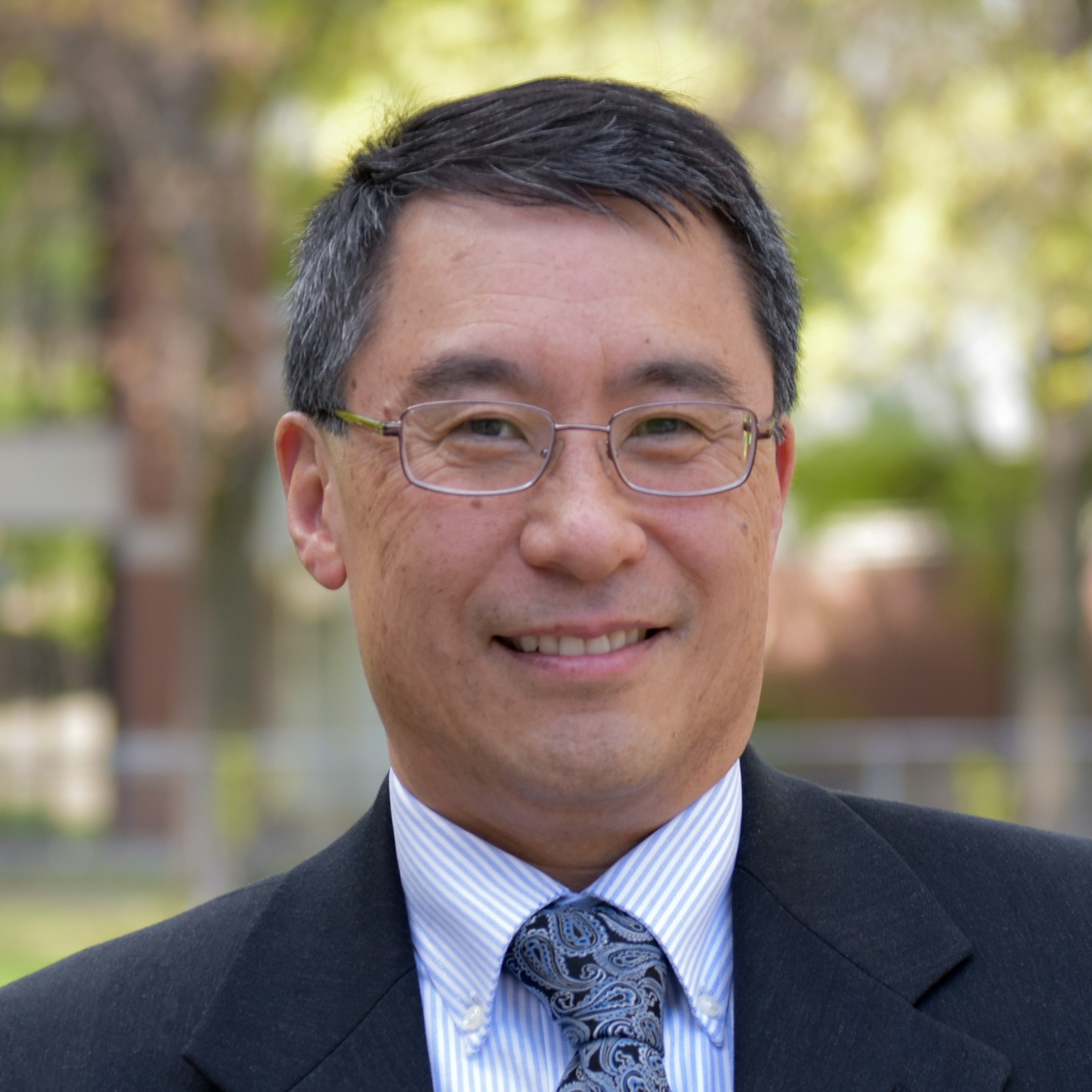
Dr. Gregory Woo
Dr. Gregory Woo is chief of the Aviation Systems Engineering division at the U.S. DOT Volpe Center. He has more than 30 years of broad experience encompassing aviation and flight operations, aviation safety analysis, information technology and network management, risk management, and leadership of technical research and new product development programs. He has led a
wide variety of projects at the Volpe Center ranging from air traffic systems engineering projects to aviation risk management and safety assessment exercises, to testing instrumentation and technologies for low-visibility operations in the airport terminal environment. The Aviation Systems Engineering division that Dr. Woo oversees provides safety risk analysis; safety risk management; complex data analysis, modeling and simulation; and systems engineering analysis for emerging aviation system technologies and new air traffic management systems.
Dr. Woo is a member of the FAA’s New England Safety Team, serving as a volunteer safety counselor in the general aviation industry. He holds an Airline Transport Pilot certificate for multi-engine aircraft and is type-rated in the Boeing 737NG. He also holds an FAA Remote Pilot certificate.
Dr. Woo is an active flight instructor training general aviation pilots to fly technically advanced aircraft with advanced automation and flight management systems. He also serves as a member of the Unmanned Aircraft Safety Team (UAST) and is a Senior Member of both the IEEE and the AIAA. Woo holds a bachelor’s degree in electrical engineering from Yale University, a master’s degree in organizational management and development from Fielding Graduate University, and a doctorate from Embry-Riddle Aeronautical University focused on aviation safety, human factors, and the operation of unmanned aircraft systems.
Plenary Program Chairs
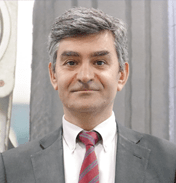
Dr. Nikos Fistas
Dr. Nikos Fistas is a senior communications expert at EUROCONTROL. He has more than 20 years of experience in the investigation, definition, development and standardization of data links for communication, such as VHF Digital Links (VDL2/3/4), SATCOM, Aeronautical Mobile Airport Communication System (AeroMACS) and L-Band Digital Aviation Communication System
(LDACS), as well as for surveillance purposes, such as Extended Squitter (ES) and Universal Access Transceiver (UAT). At EUROCONTROL, he oversees the activities relating to the future aeronautical communication infrastructure (FCI). In the context of SESAR, he is responsible for supporting the various COM solutions in the SESAR2020 PJ14 project, as well as overseeing the relevant international coordination aspects with ICAO and the U.S. FAA under Coordination Plan 4.4. Since 2018, he has also been supporting the ongoing datalink deployment activities in Europe and the SESAR Deployment Manager, leading EUROCONTROL’s technical contribution to the relevant European-funded projects. He has been representing EUROCONTROL in various international standardization groups, such as ICAO, EUROCAE, RTCA, AEEC and ETSI, covering data-link aspects. He currently leads the ICAO Communication Panel Project Team SATCOM, which is tasked to update the ICAO SATCOM provisions (SARPs and Manual). He holds a Master of Science in electrical engineering from the University of Thessaloniki and a Master of Science in communications and signal processing and a doctorate in digital communications and array signal processing, both from Imperial College, London.
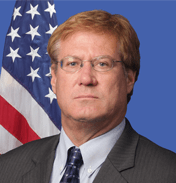
Brent Phillips
Brent Phillips is a senior systems engineer with the Federal Aviation Administration’s NextGen Organization and the U.S. panel member to the International Civil Aviation. Organization (ICAO) Communications Panel. Mr. Phillips is also the program co-lead for the joint FAA/SESAR Future Communications Infrastructure Study including the development of the Aeronautical Mobile Airport
Communications System (AeroMACS) and the Next Generation SATCOM Systems. He is currently leading the Internet Protocol Suite (IPS) standards development for aviation use in the FAA. He is also serving as the communications lead on the NAS Enterprise Architecture Roadmap Team. Mr. Phillips holds a Bachelor of Science in engineering from the Virginia Polytechnic Institute and State University and a Master of Science in engineering management from George Washington University.
Technical Program Chairs
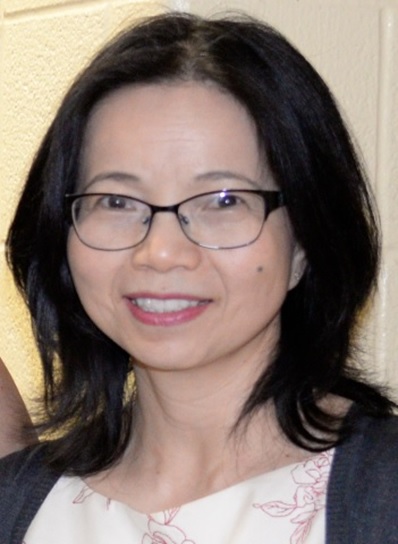
Sherry Yang
Sherry Yang is the manager of airspace operation efficiency (AOE) at Boeing Research & Technology (BR&T) in Chantilly, Virginia. She is responsible for executing AOE’s missions and collaborating with government agencies and industry partners for more intelligent technology development in the areas of trajectory-based operations (TBO), autonomous operations (AO), artificial
intelligence and machine learning (AI/ML), air traffic management (ATM), and urban air mobility (UAM). Working across technologies and business modes, Yang is a facilitator for the public and private partnership to develop and evaluate new concepts for the aviation ecosystem. Previously, Yang led numerous Boeing proprietary programs and U.S. government contracts. Yang is an aviation practitioner with focuses on connected aircraft and airspace operations for manned and unmanned aircraft. She serves as secretary of the American Institute of Aeronautics and Astronautics (AIAA) Digital Avionics Technical Committee (DATC) and is a Boeing member of the Airspace Industries Association (AIA) Airspace Working Group.
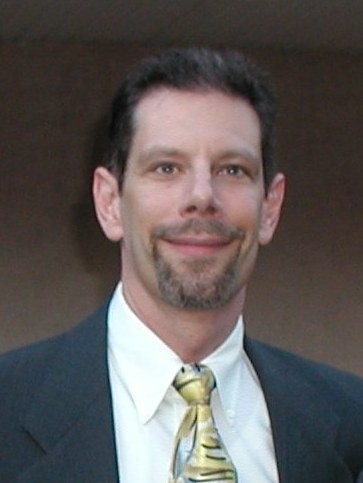
Michael Olive
Michael Olive is technology fellow within Honeywell’s Aerospace Advanced Technology organization, with nearly 40 years of hardware and systems engineering experience. Mr. Olive leads Honeywell’s Aeronautical Communications/Datalink Technology Council providing technology oversight and strategic planning; serves as the principal investigator for Honeywell internal
advanced datalink technology R&D projects; and provides subject matter expertise to global engineering teams in Europe and China. Mr. Olive participates actively on several aviation industry standards committees, including the International Civil Aviation Organization (ICAO) Communications Panel (CP) Working Group-I and the AEEC Internet Protocol Suite (IPS) Subcommittee. Mr. Olive received a Master of Science in computer science from the Johns Hopkins University and a Bachelor of Science in electrical engineering from Cornell University. He holds several patents in communications and information security, and he is the recipient of the Airline Avionics Institute (AAI) Volare Award.
Workshop Chairs
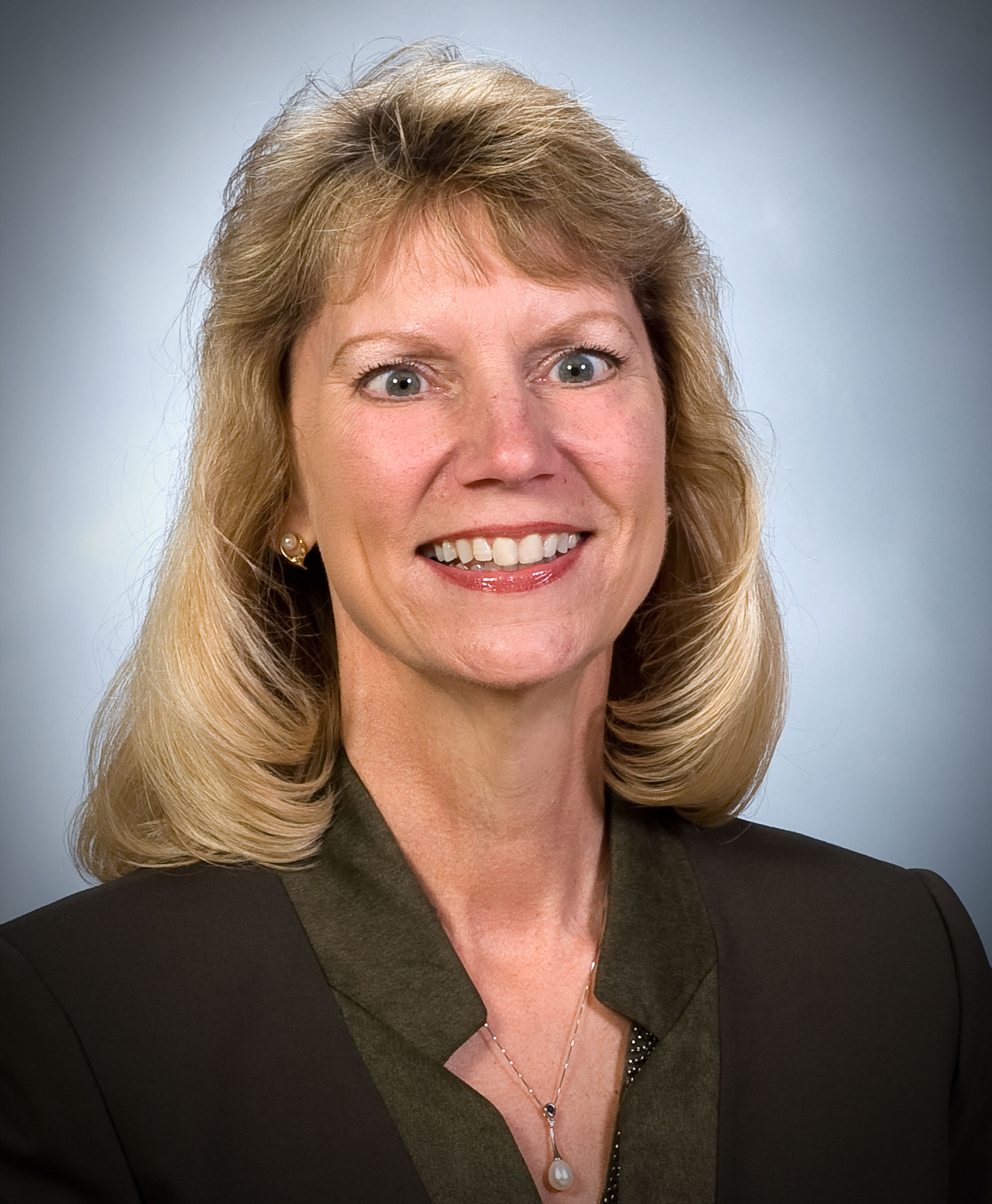
Denise Ponchak
Ms. Denise S. Ponchak is a space communications consultant for Teltrium Solutions LLC supporting NASA Headquarters’ Space Communications and Navigation (SCaN) Program. Prior to this, she was the branch chief of the Communications Architectures, Networks and Systems Branch at the National Aeronautics and Space Administration’s (NASA) Glenn Research Center at Lewis
Field in Cleveland, Ohio. The branch was responsible for designing advanced networking concepts, architectures, technologies and system integration for aeronautics and space applications. Prior to becoming a supervisor, Ms. Ponchak was an aeronautical communications project manager focusing on increasing the National Airspace System (NAS) telecommunications capability, and a communications research engineer supporting future satellite-based communications. She holds both a Bachelor of Science and a Master of Science in electrical engineering from Cleveland State University in 1983 and 1988 respectively.
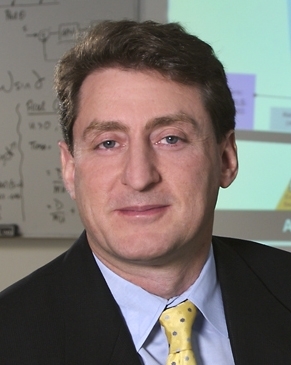
Lance Sherry
Lance Sherry is an associate professor of systems engineering and operations research at George Mason University. Dr. Sherry also serves as the director of the Center for Air Transportation Systems Research at George Mason University. Dr. Sherry has over 30 years of experience in the aviation industry serving as a flight-test engineer, flight control engineer, system engineer, lead system
architect, program manager, strategic planning and business development. Dr. Sherry served as a fellow at RAND Corporation 1999-2001. He has published over 100 papers and journal articles, holds several patents, and has received awards for his work. Dr. Sherry is a graduate of Brown University with a Bachelor of Science in electrical engineering, and he holds both a Master of Science and a doctorate in industrial and system engineering from Arizona State University.
